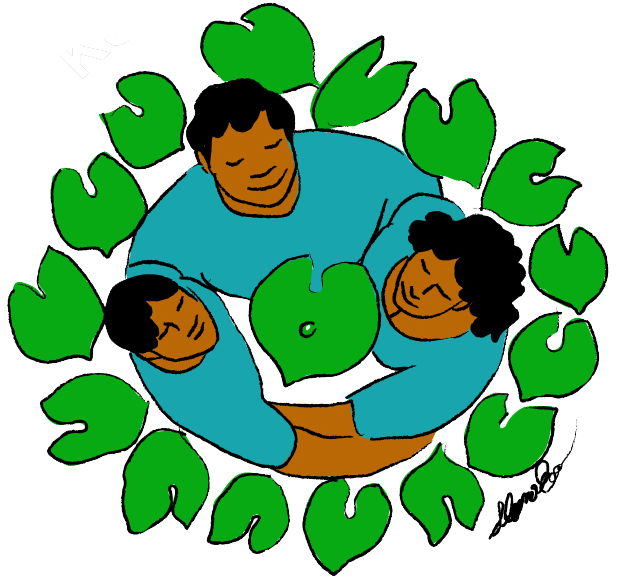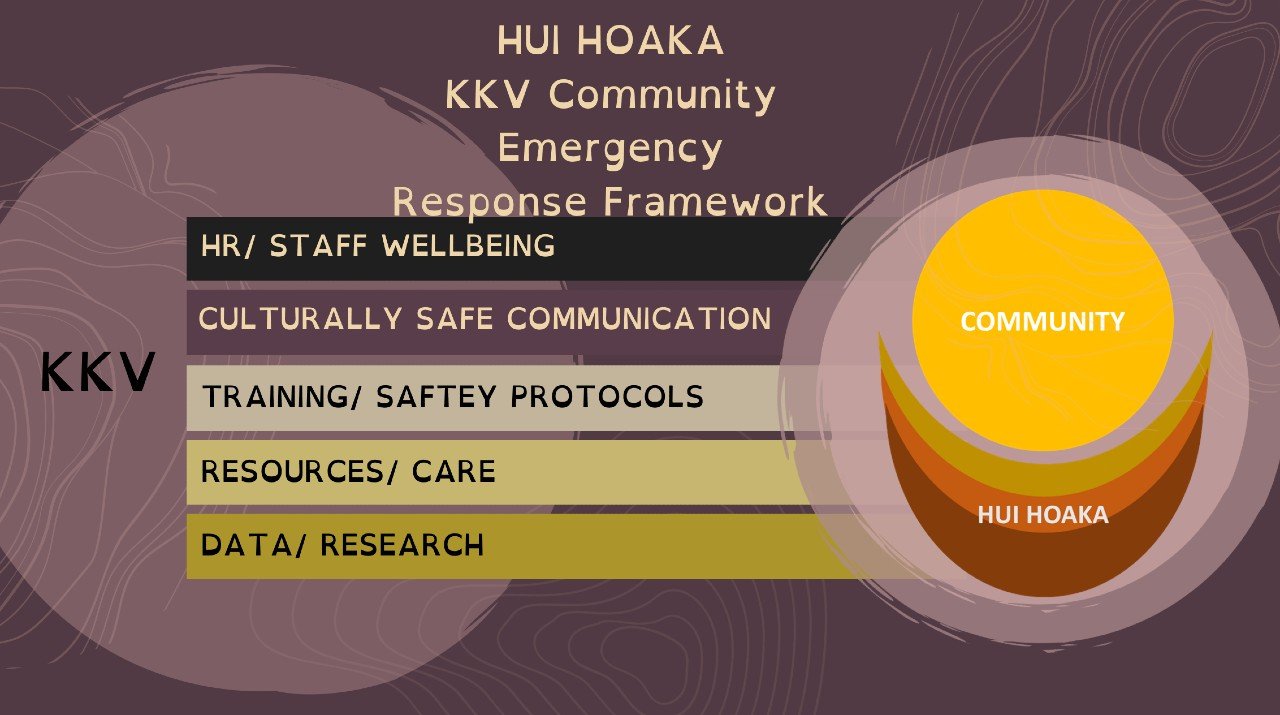Winner of SDOH Academy
2022 Innovations Showcase Competition
Multiple Health Resources Service Administration (HRSA)-funded training and technical assistance partners created The Social Determinants of Health Academy. It’s a series of virtual trainings to help staff from health centers, health center controlled networks, and primary care associations develop, implement, and sustain SDOH interventions in their clinics and communities. KKV’s Hui Hoaka, COVID-response program was the winner of the SDOH Academy’s national Innovations Showcase Competition. Second and third runners up were AlohaCare and the Center for Health Equity Transformation, Northwestern University Feinberg School of Medicine.
On May 12, KKV’s Research Coordinator, Dr. Megan Inada, presented a summary of our Hui Hoaka SDOH interventions. Although KKV’s service area population experienced the highest rates of COVID-19 in Hawai’i, the death rate among KKV’s patients was relatively low. We attribute this, in part, to the efforts of KKV’s Hui Hoaka SDOH approach to care and culturally responsive support. Slides from Megan’s presentation are featured below:
Congratulations team!
The Hui Hoaka COVID response program was centered at Ho’oulu ‘Āina. Framed by indigenous Hawaiian values, the program has coordinated staff and volunteers from across KKV and the community to provide a broad array of support for patients and their family members. The program has been highly successful because of its effort to provide deep listening and culturally safe communication; to provide access to resources such as food, supplies, la’au lapa’au, and economic support; and to collect stories and data that will aid KKV in improving care integration and establishing best practices for SDOH services.
Hui Hoaka took the shape of the waxing crescent moon and the umeke or gourd used by Hawaiians to carry food and water. The shape reflected a concept of abundance, sharing, and resilience at a time when COVID exacerbated health and other disparities for KKV’s Asian and Pacific Islander patients and their families.
KKV’s Elder Care program coordinated care and support for over 1600 seniors and caregivers, ensuring that Kalihi’s highest-risk residents received the help they needed to live at home, expanding care and socialization through regular phone contact. Elder Care used virtual technology to bring back “in-person” weekly exercise programs and made it possible for seniors to share cultural foods and recipes with each other and the staff.
Drawing from KKV’s 50-years of grassroots experience meeting the needs of Kalihi residents, the Hui Hoaka team helped the community get through the worst of COVID by focusing on agency and dignity. “EA” or Economic Assistance was a new creation of Hui Hoaka, established to assist individuals and families with financial support for unpaid rent, utilities, and even funeral expenses. Patients lacking cellphones were given smartphones with data plans. As the pandemic continues, the Hui Hoaka team is evolving to meet changing needs and continuing to make referrals to community assistance programs and advocate for policy changes to improve access to wellness in KKV’s service area.
At the core of Hui Hoaka is deep and careful listening to individuals and their family members. By honoring the “gift” culture familiar to Pacific Islanders, KKV has received in return a sharing of information and stories that will help our care teams improve access, define best practices, and ensure cultural traditions are honored as we plan and integrate medical, dental, behavioral health, nutrition, senior care, maternal child health, and community programs going forward.









